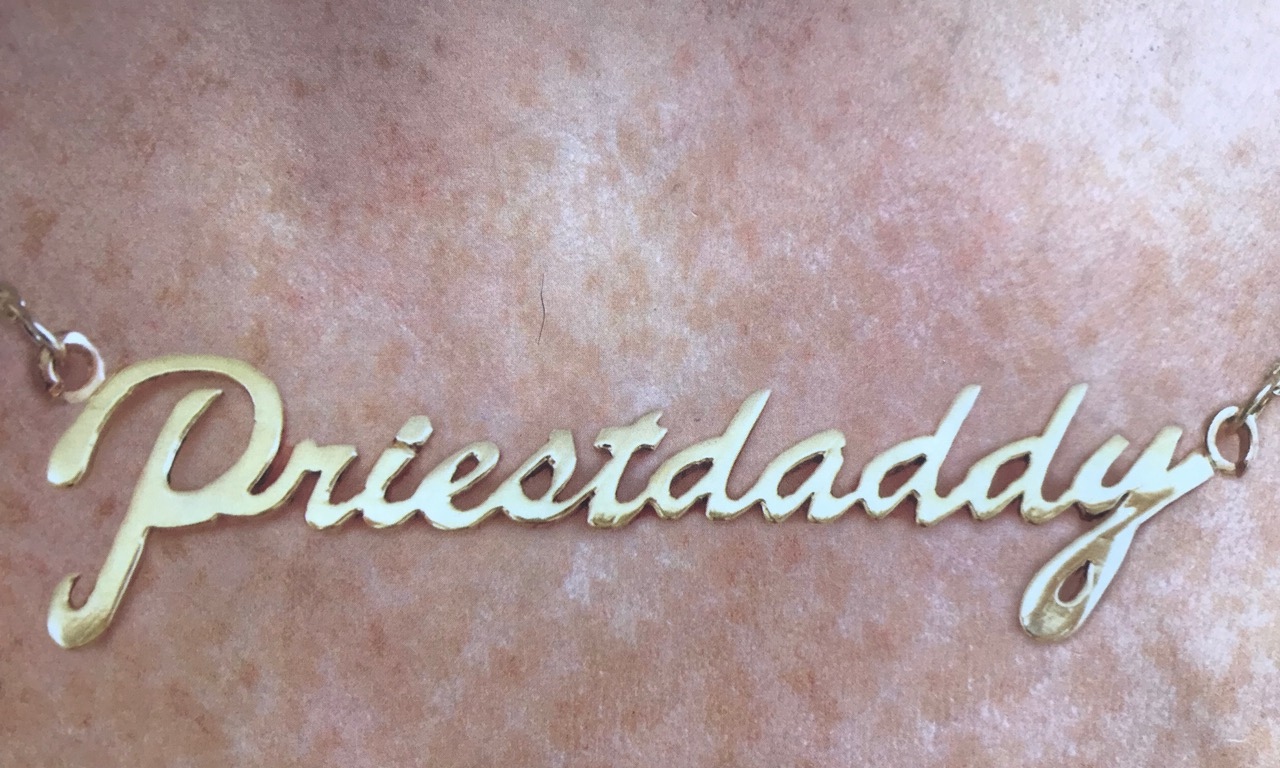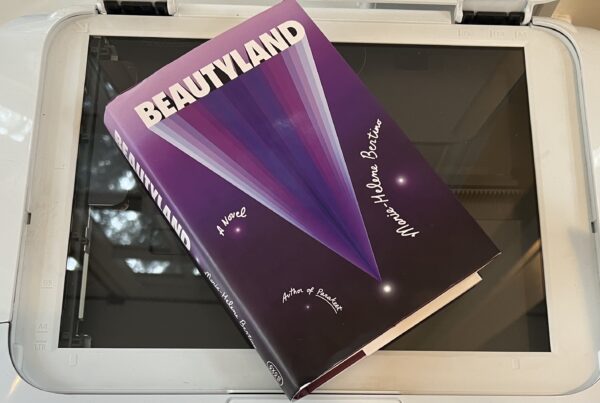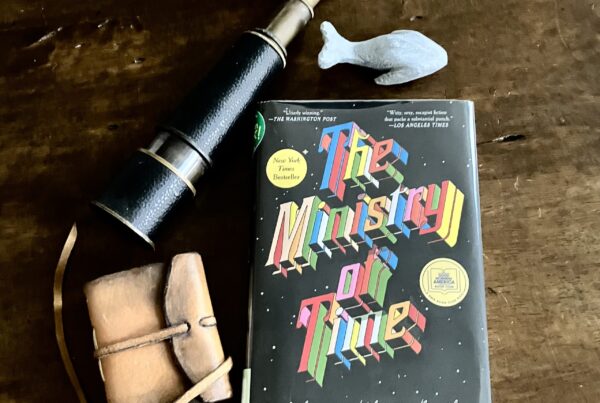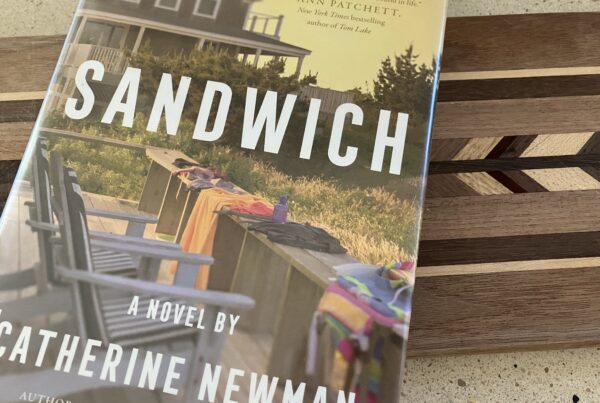a bookclique pick from Laura Dickerman
Patricia Lockwood, author of the fascinating memoir, Priestdaddy, is often referred to as the “poet laureate of Twitter,” who first burst into the public sphere when her powerful piece, “Rape Joke” went viral. Lockwood is a poet first and foremost, and her sentences hum with precision, originality, and beauty. Although the vividness and specificity of her language is compelling in and of itself, the strange circumstances and incredible characters Lockwood describes in Priestdaddy are themselves reason enough to read this book.
Her irascible, conservative, gun-loving, guitar-shredding, selfish, often-half-naked father is the huge, colorful, eponymous anti-hero of the book: a Catholic priest who had a sudden conversion on a naval submarine after viewing The Exorcist 72 times and was able to finagle a dispensation from the Church even though he had a wife and five children. After leaping out of her childhood with a young man she had met on-line (the story of their courtship and of his meeting her family is recounted in hilarious detail), Lockwood and her now husband are forced, due to financial and health difficulties, to move back in with her parents after twelve years of relative freedom.
The eight months they spend at the Kansas City Rectory form the core of this memoir, though Lockwood trains her gimlet eye on the eccentricity of her childhood with chapters about singing lessons, memorable hunting excursions, her unconventional siblings, gory anti-abortion rallies, her own suicide attempt at 16, and her experience in a painfully awkward Catholic youth group. While at the rectory, Lockwood also recounts conversation and flirtation with one of the many seminarians, and an unforgettable road trip with her mother, who emerges as one of the book’s most complex, sympathetic, maddening characters.
There is so much humor in this book, but it comes mostly from Lockwood’s ability to observe with love even as her conflict with her upbringing and the Catholic Church itself is profound. And although he is magnificently quotable and seems to have calmed down a bit in his old age, Lockwood’s father is in many ways a monster that she connects to the patriarchal, terrifying God of her childhood.
At odds with yet drawn to her father, Lockwood, at once feminist and fragile, of both raunchy and delicate sensibility, crafts a story that is, at its heart, the story of her calling as a poet, the story of how she emerged as the gifted writer she is today: “I did not make it out, but this does. Art goes outside, even if we don’t: it fills the whole air, though we cannot raise our voices…I am no longer whispering through the small skirted shape of a keyhole: the door is knocked down and the roof is blown off, and I am aimed once more at the entire wide night.”
Her vibrant rendering of amazing material; her reckoning with deep themes of religion, gender discrimination, family love and pain; and Lockwood’s own origin myth do indeed blow the roof off.




